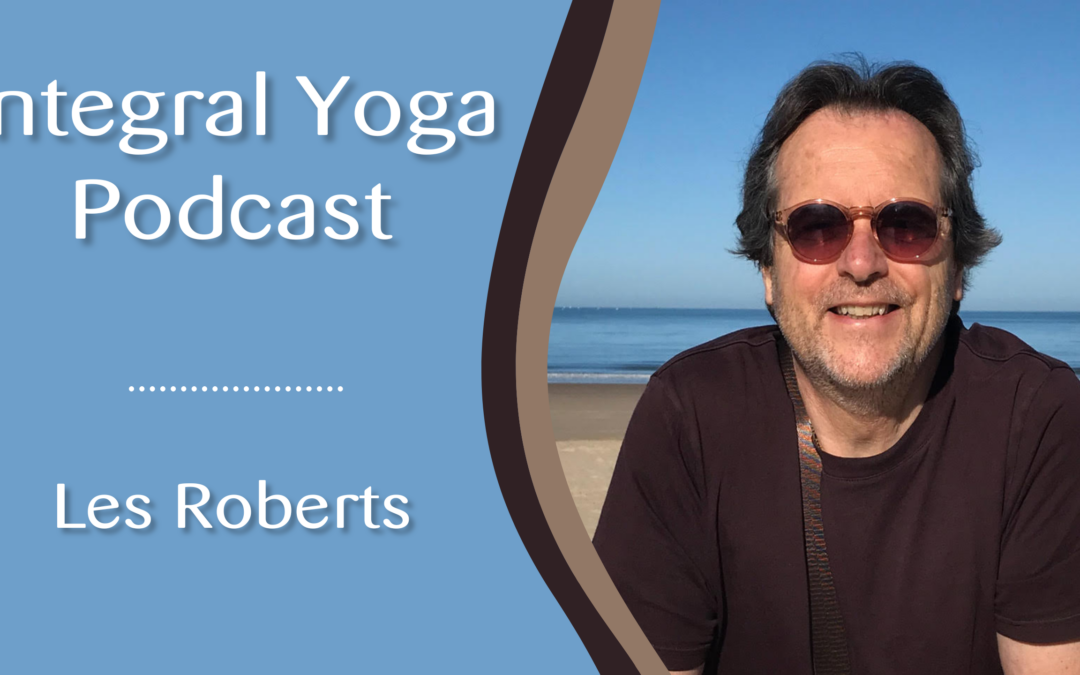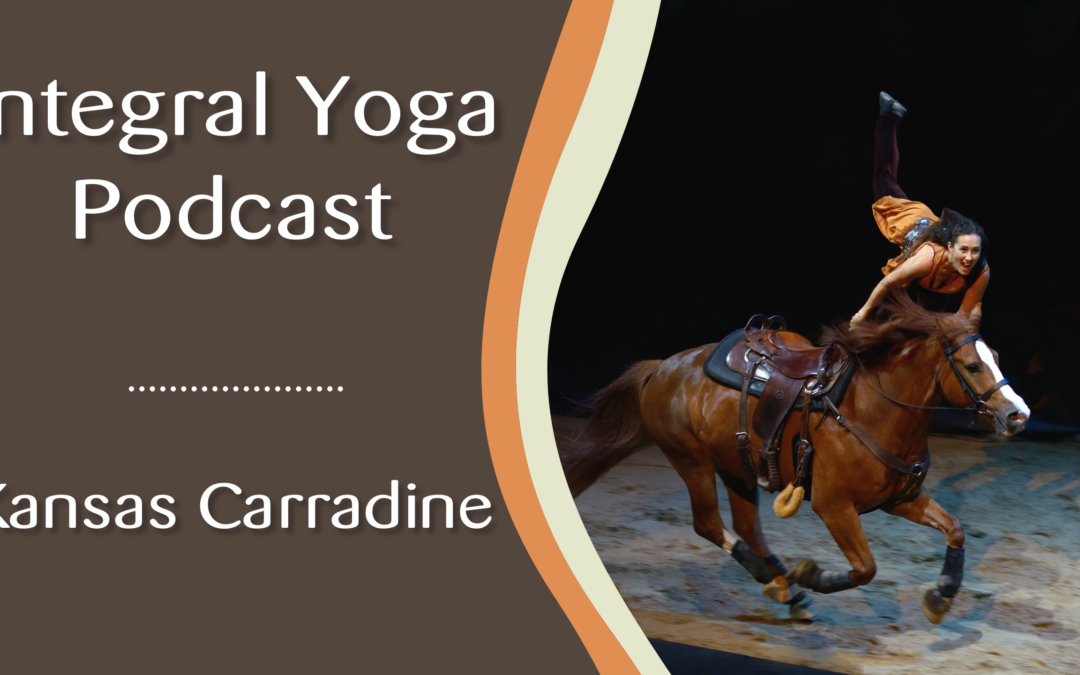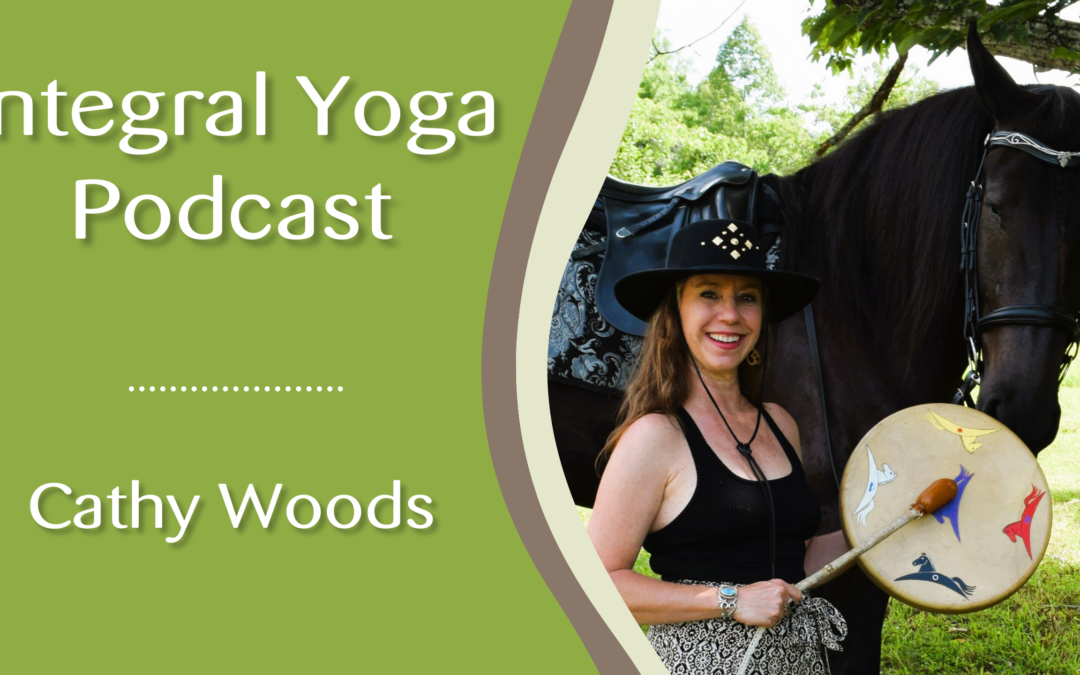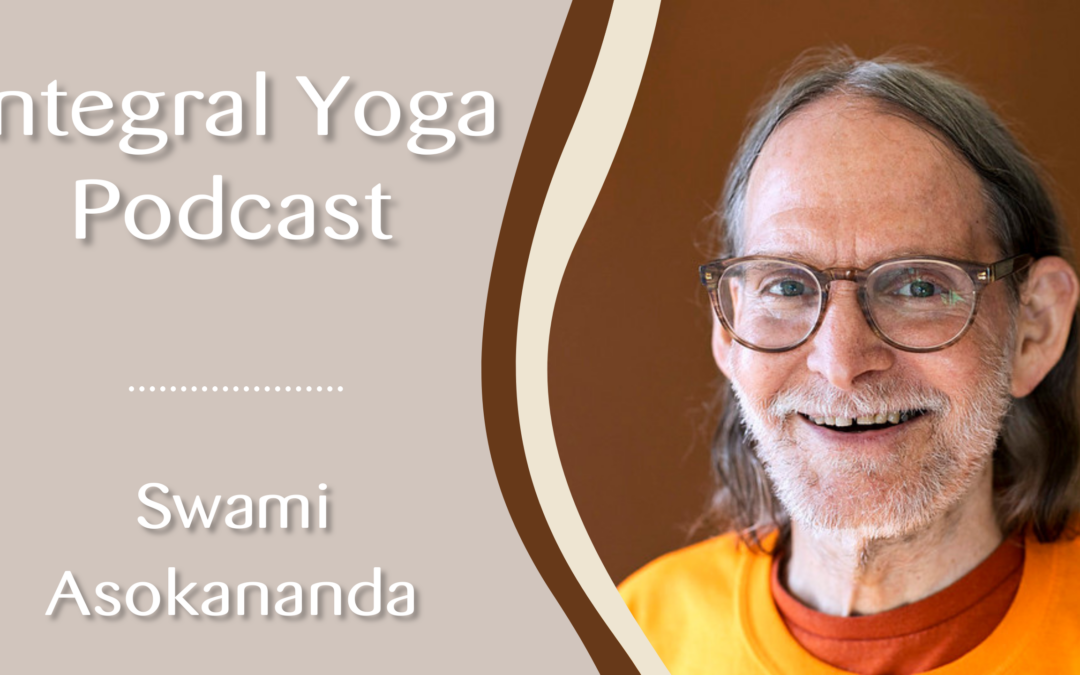Richard Sclove believes that modern capitalist society engenders “insatiability”, and that the ancient Mahabharata suggests a path forward – that it emphasizes social engagement and dharma as the final stage of spiritual growth rather than enlightenment. These topics, from Richard’s new book “Escaping Maya’s Palace: Decoding an Ancient Myth to Heal the Hidden Madness of Modern Civilization,” as well as others are covered in this episode of Integral Yoga Podcast. Richard brings a wealth of experience to the discussion, having been a long-time meditator and senior staff member at the Mind and Life Institute, cofounded by the Dalai Lama. He holds a PhD in political theory from MIT and has also held a postdoctoral fellowship in economics at the University of California-Berkeley. Richard founded The Loka Institute, which has worked internationally to prioritize science and technology based on democratic decisions. His book, Democracy and Technology, received recognition from the American Political Science Association as the best in its field. Additionally, he is a fellow of the American Association for the Advancement of Science. To learn more about Richard’s new book and his work, please visit www.EscapingMayasPalace.com and www.RichardSclove.com.

Why Simplicity Brings Inner Peace | #126 with Les Roberts
This conversation explores the importance of simplicity and authenticity in spiritual practice, emphasizing the value of honoring diverse paths while staying true to one’s own. It touches on balancing technology with awareness, fostering meaningful dialogue across...






